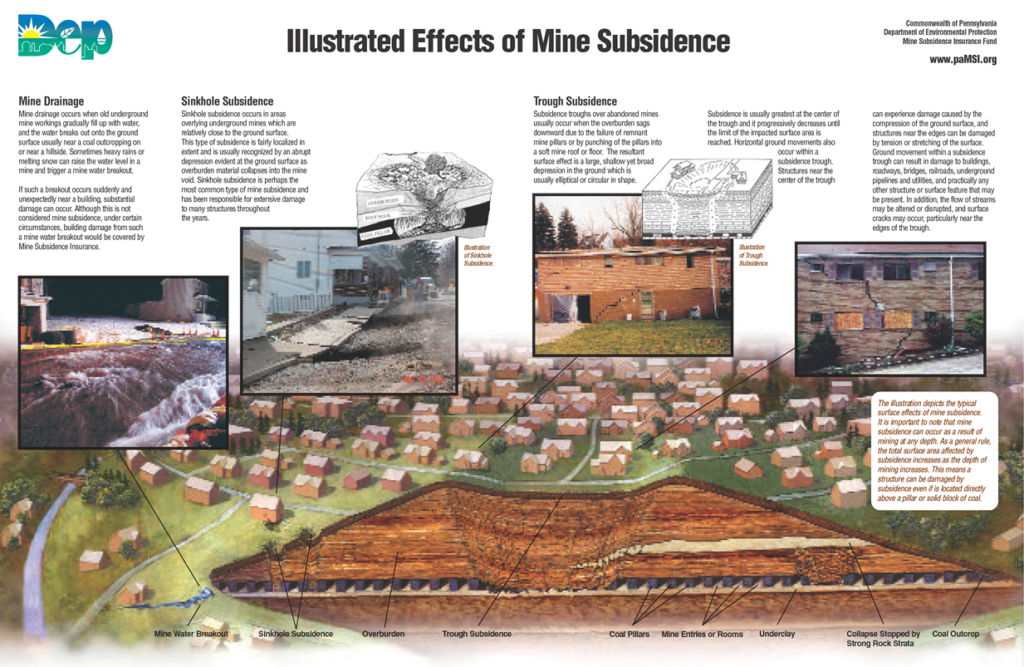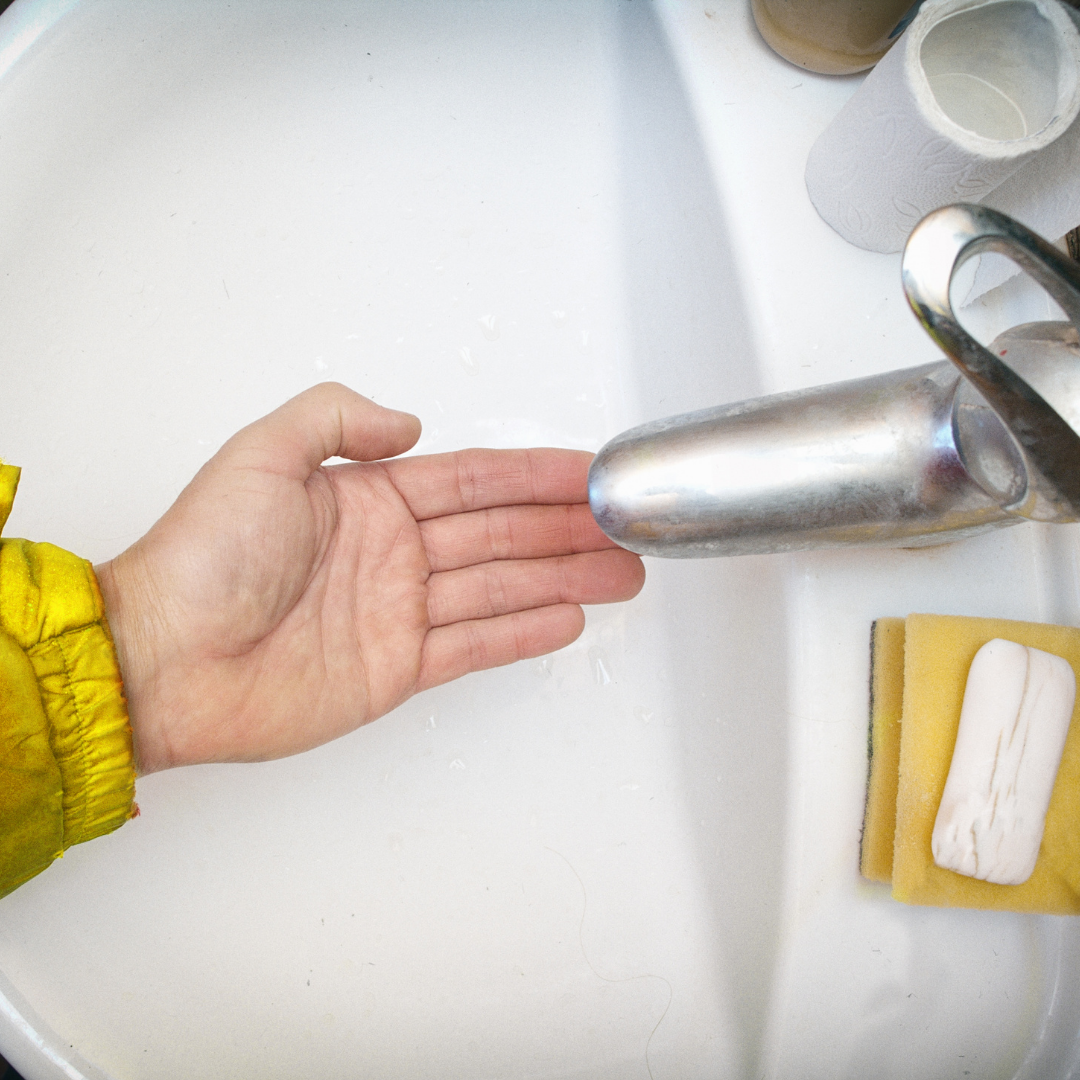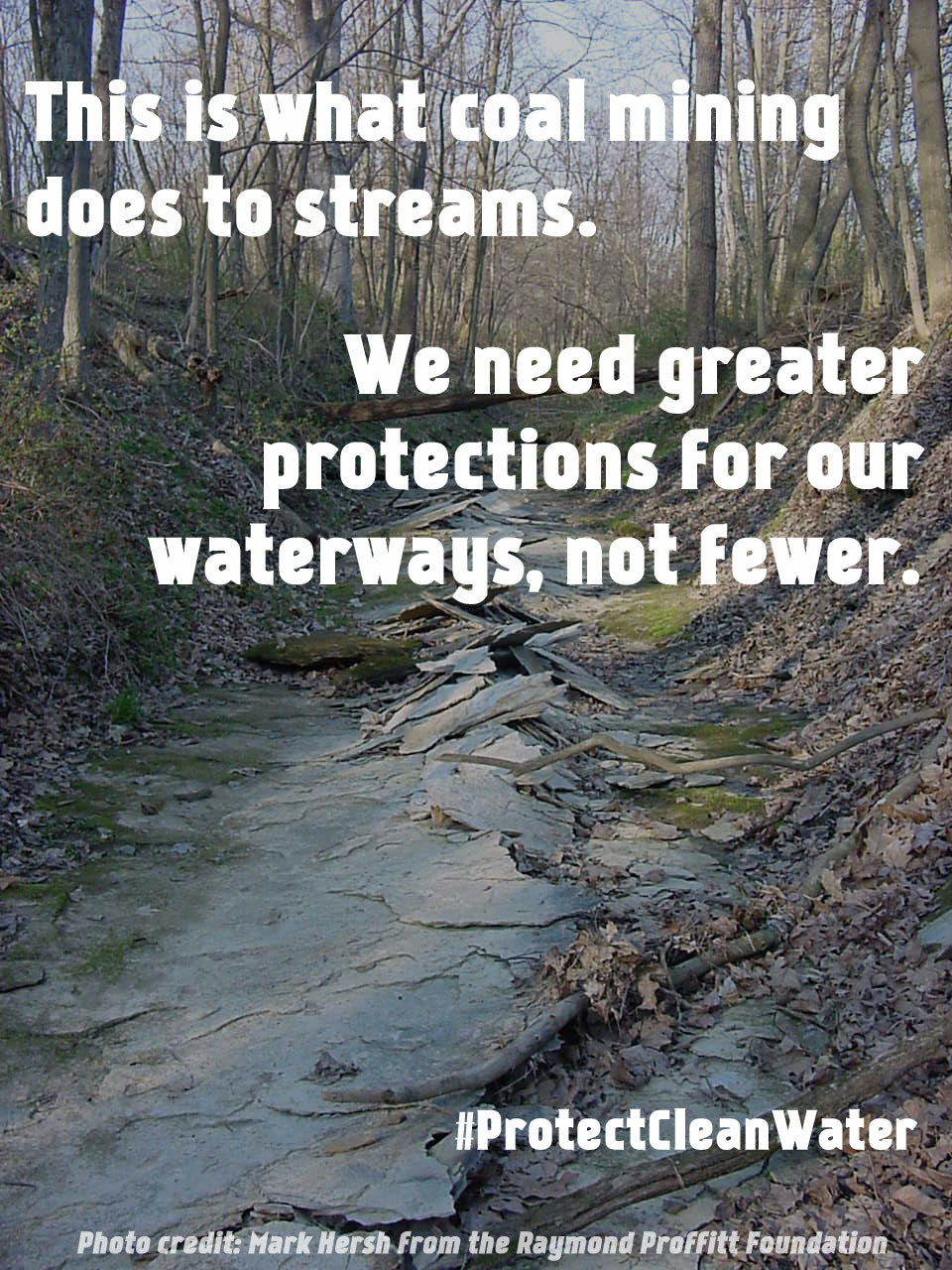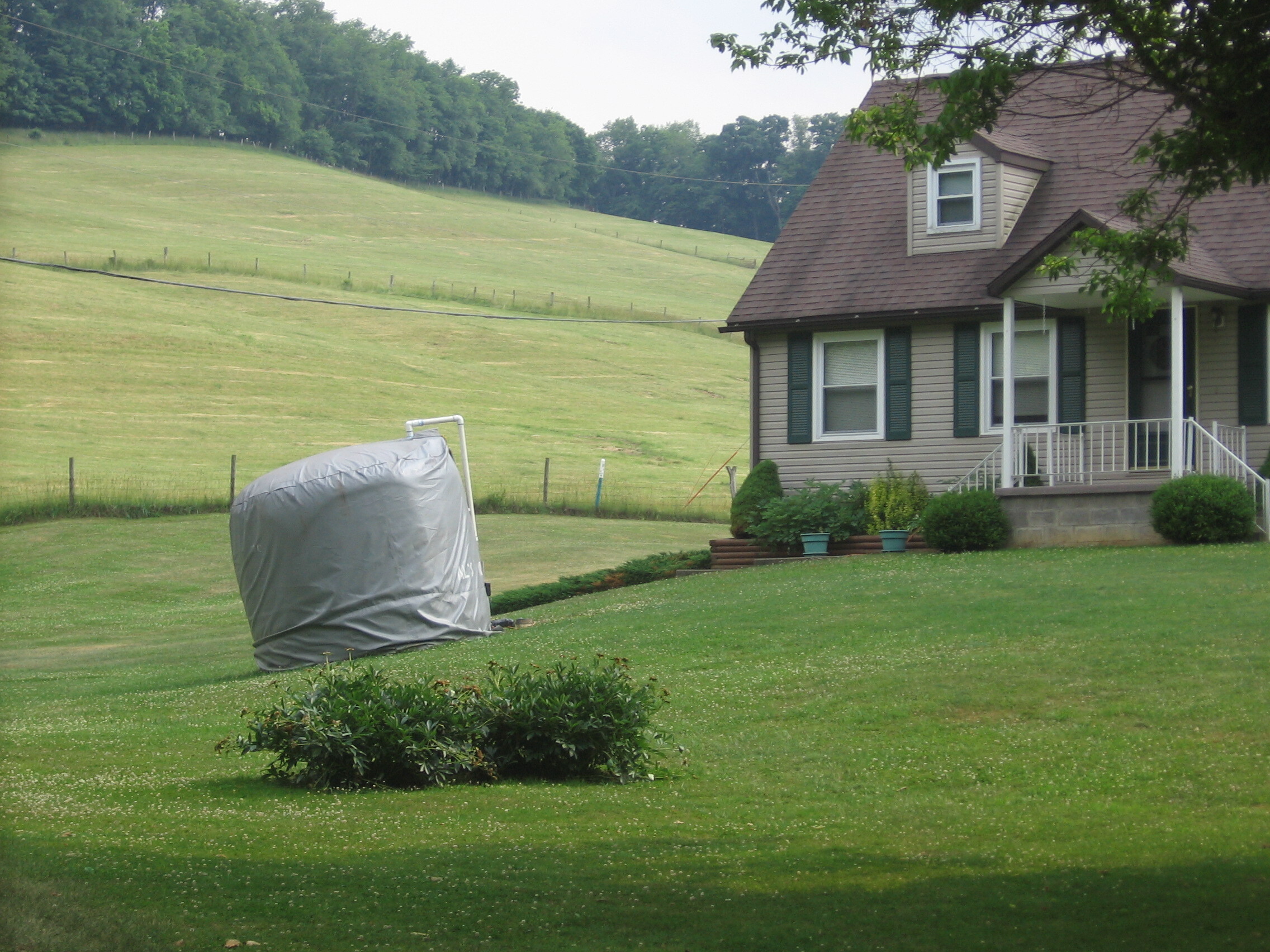DONATE NOW
Imagine waking up and starting to make your morning coffee only to find that your water has stopped flowing. Many of those who live in coal country, unfortunately, have experienced or at least know a neighbor whom this has happened to. The likely cause of the water loss is longwall coal mining. In Southwestern Pennsylvania, longwall coal mining is a living and breathing creature. Here, a mining company has the legal right to take the coal, which you have no ownership of, that is located under homes, roads, and rivers – and this can damage water supplies that rely on groundwater.
Starting in 1993, World Water Day was started with the hopes of celebrating water and raising awareness of the two billion people living without access to safe drinking water. This year’s World Water Day focuses on groundwater and making what is typically an invisible source of water a visible reality. The issue of safe drinking water from groundwater is not just a problem halfway across the world – it is a problem right now in Southwestern Pennsylvania in regions affected by longwall mining.

Here is a .pdf of this image. You may also want to visit the PA DEP’s MSI Story Map Site
Longwall coal mining is a process where large machines remove entire coal seams located underground. As these machines move forward, the ceiling (or the earth between the coal seam and the surface) falls; this is known as “subsidence”. When the ceiling falls, whatever is above it also subsides. This means that buildings, roads, bridges, rivers, and even groundwater also subsides. In a report prepared in connection with Act 54, the PA law which regulates coal mining in the state, it was found that from 2008-2013, nearly 200 miles of streams were undermined and about 77% of those stream miles experienced flow loss and pooling (DEP).
The result is that many features that we depend upon (roads, homes, rivers, lakes, etc.) are at risk of being damaged, and could even be lost forever. Among these losses are many people’s drinking water sources. A vast number of people living in Southwestern Pennsylvania rely on natural springs and wells to supply their homes and livestock with drinking water. When longwall mining comes through, it can shift the water table and either contaminate the water source or totally disconnect wells from groundwater sources.
Another invisible cost of longwall mining is that some people have lost their right to speak about how they have been affected by mining. Coal companies are required by law to replace people’s water supplies that they have damaged. However, in order to have their water replaced, many people are pressured into an agreement that does not allow them to share their story.
Lastly, the loss of drinking water resources has caused many people to move away from the area, and often, the coal company will buy their property. This has caused the region to become systemically depopulated, further shrinking both the tax base and public services provided.
Coal is not dead. In our community, it is still expanding its operations and putting at risk hundreds of homes’ water supplies. Remember – cheap energy comes at a cost to some people, and we all still rely on cheap fossil fuels in the United States. On World Water Day, we need you to stand with our communities’ right to clean water and to prevent their voices from being silenced. Donate today to invest in coalfield residents and work to keep more coal in the ground.
DONATE NOW




